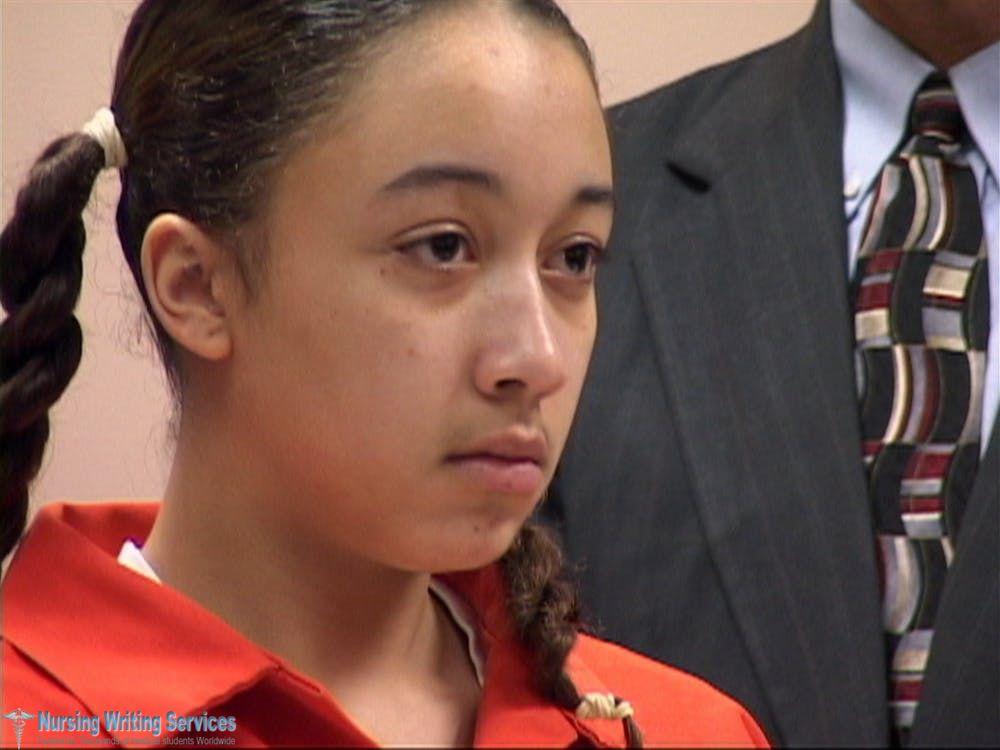
Should juveniles be sentenced to life in prison?
There are some unruly youngsters today who have made poor choices in their lives. Some out of circumstance, out of consequence and some by choice. Often young people with a criminal history also have a troubled background. If they are found guilty of wrongdoing, then those in question should be given the subsequent judgment aligned with their crimes considering their age. Young people with a criminal history should be given the chance for rehabilitation.
It is not to say that their characters will never change. Often times, juveniles lack a mentor figure, guardian or good parenting to guide them while young. When left to their own devices they are often misled and taken advantage of by other ill-meaning adults or peers who have bad intentions. Whatever the case, they should be given the chance of changing and refining their characters. This can be done through therapy and counseling to help them move on from traumas, and try to change their behavior by expressing remorse and committing to rehabilitative activities.
Juveniles should not be sentenced to life in prison. The act itself is tantamount to sentencing a child or youth to a worthless life. A life that does not progress outside of the walls of a prison under lock and key, despite a change in behavior, perspective or even good behavior. It denies them a right to freedoms they are rightfully allowed to have after serving a certain amount of time, either through probation, community service or jail time.
ALSO READ:BEST NURSING ASSIGNMENT HELP
Sentencing a juvenile to life in prison is equivalent to purposefully ensuring they do not move on from their mistakes and live to pay for them until their deathbeds. In the cases where they have committed severe criminal acts, then both judge and jury can make the decision on how to best proceed through a sentence that can accommodate their wrongdoing. However, in the case for petty crimes like stealing snacks from a shop, or clothes from a store; in the event that no human being has been physically injured then I believe the law should not judge them so harshly but let it be a learning lesson to them through a lighter sentence.
It is clear juvenile delinquency can be a problem with misguided teenagers, however, more should be done to rehabilitate than punish. There are several who are already under influence from drugs or just acting out of peer pressure to be accepted by gangs and friends. Repeat offenses can be a problem and such individuals do make it hard to give them a second or third chance. Alternatively, youngsters who lack the support of a family are put into foster care to help them gain some stability.
It is not in all cases that foster homes prove to be a bad experience. Some do make friends eventually associate their new friends as family members if they are provided with the kind of emotional security they need. Some of the juveniles need to be re-enrolled in school to help them take control of their lives, under a watchful eye. There are remedies that can be put in place instead of detention camps and juvenile court to deal with these young individuals.
A delinquent can also be someone who has failed to pay their credit card loans. This may be as a result of unforeseen circumstances, like losing a job or subsequent poverty from an emergency that needed to be taken care of before paying off credit card debt. This, therefore, emphasizes how juveniles should be dealt with carefully based on their individual wrongdoing, rather than by grouping them together.
It is also better for law enforcement to take it upon themselves to release petty crime offenders to decongest prisons and to rehabilitate the young men and women who have been imprisoned. This will allow them to take the necessary steps to reclaim their lives.

